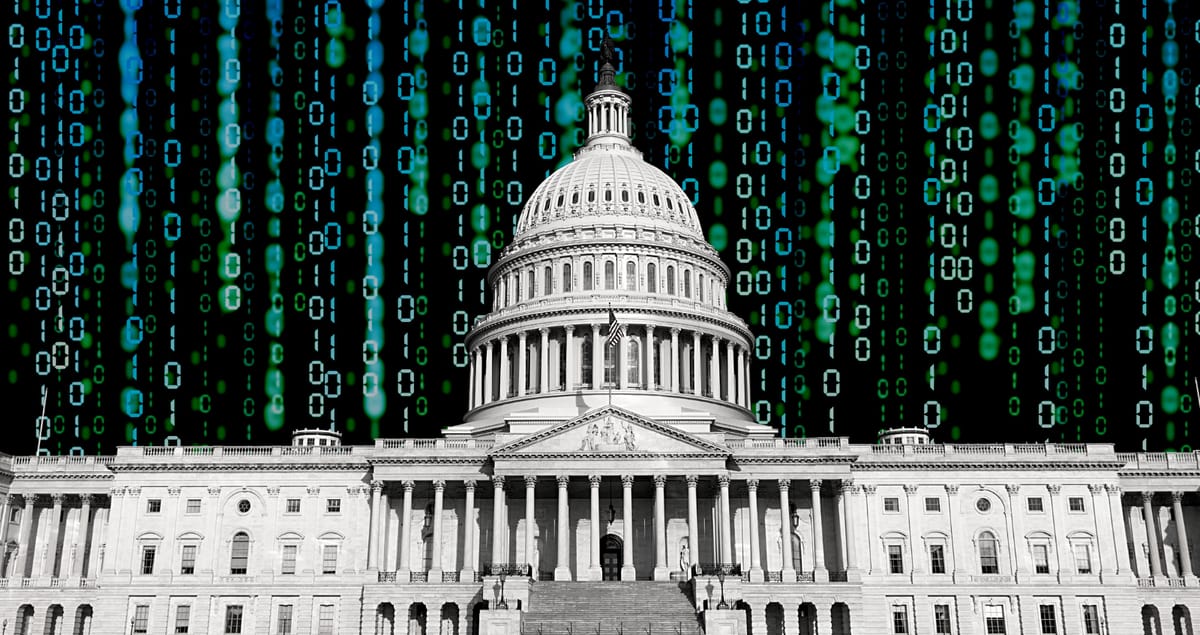OpenAI Facing FTC Investigation: Analyzing The Potential Consequences

Table of Contents
Data Privacy Concerns and the FTC Investigation
The FTC's investigation likely centers around OpenAI's data collection practices, user consent, and potential violations of existing privacy laws. This is a critical area, given the vast amounts of data used to train OpenAI's models, including text and code from the public internet.
The Scope of the Investigation:
The investigation likely scrutinizes several key aspects of OpenAI's data handling:
- Concerns about the scale and nature of data used to train OpenAI models: The sheer volume of data scraped from the internet raises concerns about copyright infringement and the inclusion of personal information without explicit consent. The training process itself is opaque, making it difficult to determine what data is used and how it's processed.
- Questions surrounding informed consent and user control over their data: Users interacting with ChatGPT and other OpenAI models may not fully understand how their data is being collected and utilized. The lack of transparency and control over personal data is a central concern of the FTC.
- Potential violations of regulations like COPPA (Children's Online Privacy Protection Act) and GDPR (General Data Protection Regulation): OpenAI's models are accessible globally, meaning compliance with diverse data privacy regulations worldwide is paramount. Any failure to adhere to COPPA or GDPR could result in severe penalties.
Potential Penalties for Privacy Violations:
If the FTC finds violations, OpenAI faces substantial repercussions:
- Financial penalties potentially reaching millions or even billions of dollars: The scale of potential fines is directly proportional to the volume of data involved and the severity of any violations.
- Mandated changes to data collection, storage, and usage policies: OpenAI might be required to implement significant changes to its data handling procedures, potentially impacting its ability to train and improve its models.
- Increased oversight and audits to ensure compliance: Ongoing monitoring and audits would be necessary to guarantee OpenAI's adherence to any imposed restrictions and to prevent future violations.
Antitrust Concerns and Market Dominance
OpenAI's rapid growth and the popularity of its models, particularly ChatGPT, raise significant antitrust concerns. Its leading position in the generative AI market creates a potential for monopolistic practices.
OpenAI's Market Position and Competitive Landscape:
- Dominance in the generative AI market: OpenAI currently holds a significant advantage over competitors, potentially hindering the development of alternative AI technologies.
- Potential barriers to entry for smaller competitors: The high cost of training large language models and OpenAI's significant resources create a barrier to entry for smaller startups.
- Concerns about anti-competitive behavior, like exclusive deals or predatory pricing: The FTC will investigate whether OpenAI engaged in any practices designed to eliminate or suppress competition.
Potential Antitrust Actions:
If the FTC finds evidence of anti-competitive behavior, it could take several actions:
- Structural remedies, such as divestiture or licensing requirements: This could involve breaking up OpenAI or forcing it to license its technology to competitors.
- Behavioral remedies, such as restrictions on mergers and acquisitions: OpenAI's future growth and expansion might be constrained through restrictions on mergers and acquisitions.
- Significant fines for antitrust violations: Similar to privacy violations, substantial fines could be levied for anti-competitive actions.
Liability Issues and the Algorithmic Bias Debate
Determining liability for harmful or biased outputs generated by OpenAI's models is a complex legal and ethical challenge. The outputs of these models, while impressive, are not always accurate or unbiased.
Responsibility for Model Outputs:
- Addressing instances of misinformation, harmful content generation, and discriminatory biases: OpenAI's models have been shown to generate biased or inaccurate content, raising concerns about their societal impact.
- Establishing clear lines of responsibility for the actions and outputs of AI models: Determining who is liable—OpenAI, the users, or both—when AI generates harmful content is a critical legal issue.
- The need for robust mechanisms for accountability: Clear and effective mechanisms are needed to address instances of harm caused by AI models.
Impact on Future AI Development:
The FTC investigation's outcome will significantly influence the future of AI development:
- Increased scrutiny of AI development processes: Future AI models will likely face greater scrutiny regarding safety, bias mitigation, and ethical considerations.
- Greater emphasis on bias mitigation and fairness in algorithms: Developers will likely invest more heavily in methods to detect and mitigate bias in their AI models.
- Potential slowing of innovation due to increased regulatory burdens: Increased regulation could slow down the pace of AI development, as companies navigate new compliance requirements.
Conclusion:
The FTC investigation into OpenAI is a landmark event with far-reaching implications for the AI industry. The potential consequences—hefty fines, regulatory changes, and shifts in business practices—underscore the growing need for responsible AI development and deployment. The outcome will significantly impact the future of AI innovation and regulation. Understanding the potential consequences of this OpenAI FTC investigation is crucial for anyone involved in or affected by the field of artificial intelligence. Staying informed about the latest developments in this ongoing OpenAI FTC investigation is paramount.

Featured Posts
-
 Lynk Lee Nhan Sac Rang Ro Tinh Yeu Hanh Phuc Sau Chuyen Gioi
May 10, 2025
Lynk Lee Nhan Sac Rang Ro Tinh Yeu Hanh Phuc Sau Chuyen Gioi
May 10, 2025 -
 Childrens Hospital Community Activist Proposes Uterine Transplants For Transgender Women
May 10, 2025
Childrens Hospital Community Activist Proposes Uterine Transplants For Transgender Women
May 10, 2025 -
 Dijon Un Boxeur Convoque Au Tribunal Pour Des Faits De Violences Conjugales
May 10, 2025
Dijon Un Boxeur Convoque Au Tribunal Pour Des Faits De Violences Conjugales
May 10, 2025 -
 1 050 V Mware Cost Increase At And Ts Response To Broadcoms Proposal
May 10, 2025
1 050 V Mware Cost Increase At And Ts Response To Broadcoms Proposal
May 10, 2025 -
 The Pam Bondi Video A Deeper Look At Her Statements On American Citizens
May 10, 2025
The Pam Bondi Video A Deeper Look At Her Statements On American Citizens
May 10, 2025
